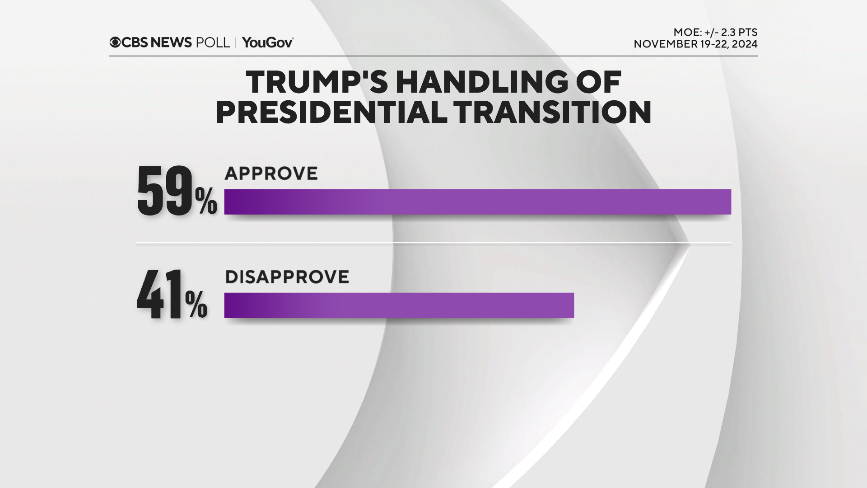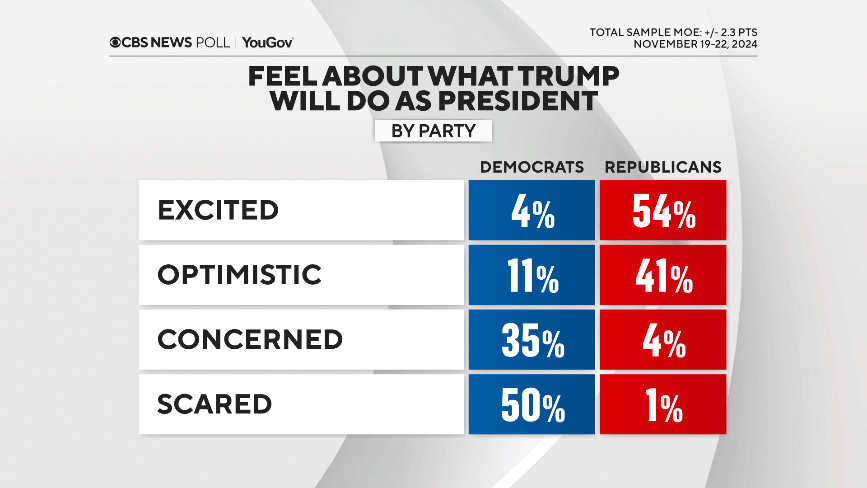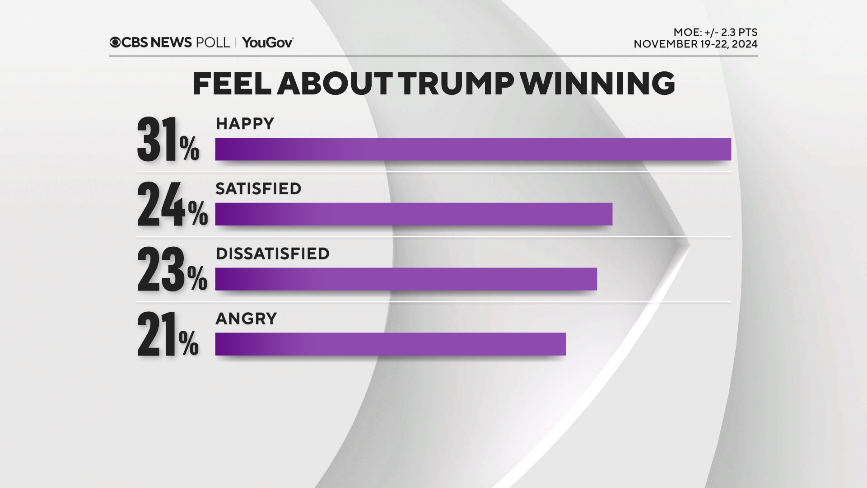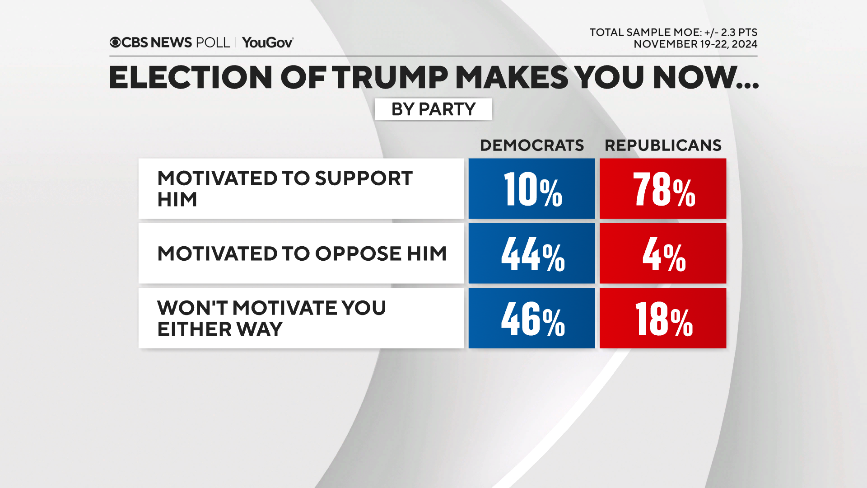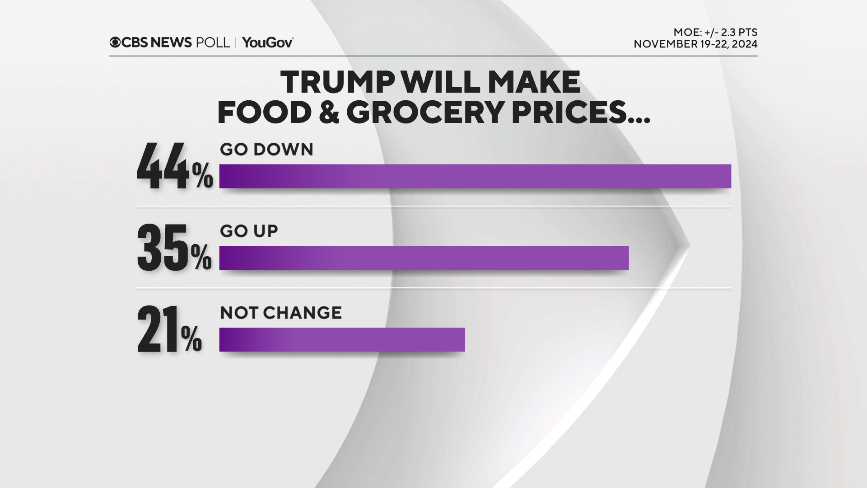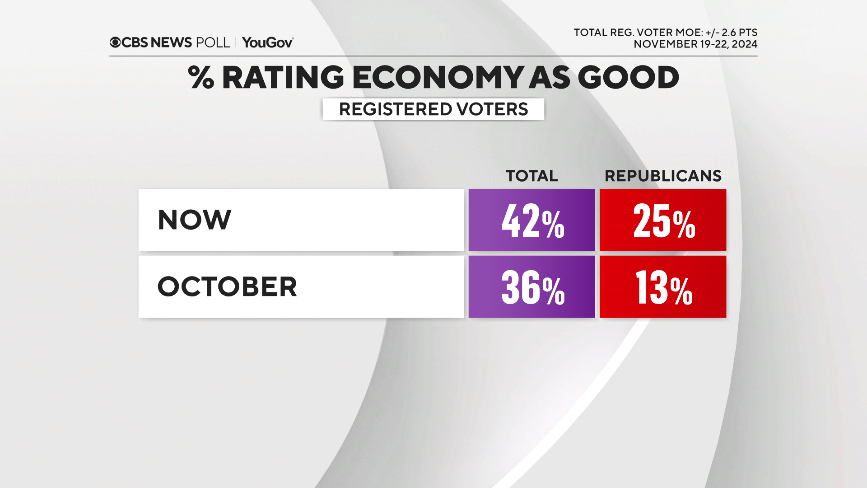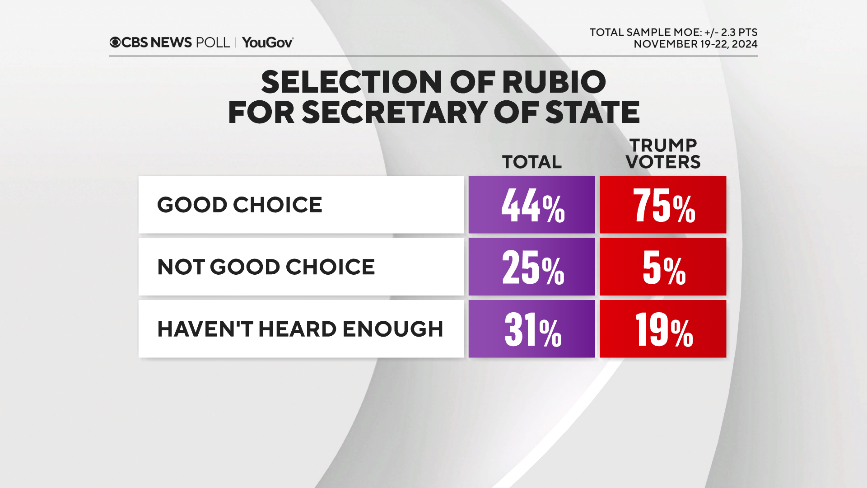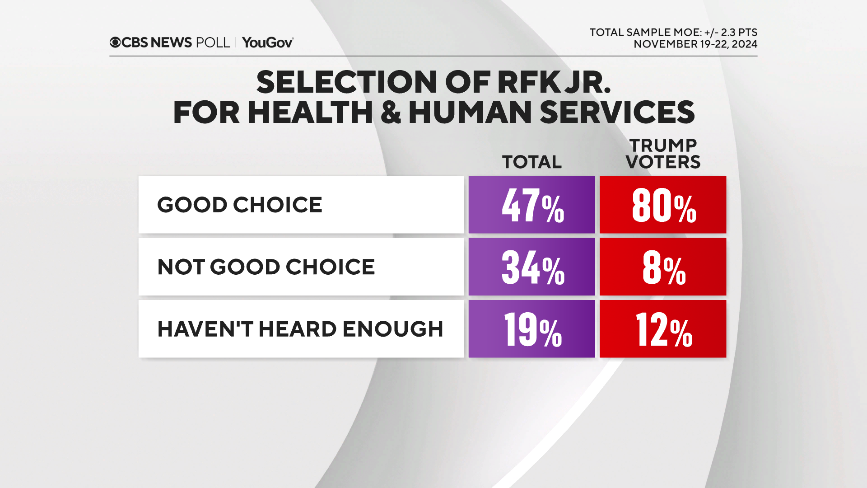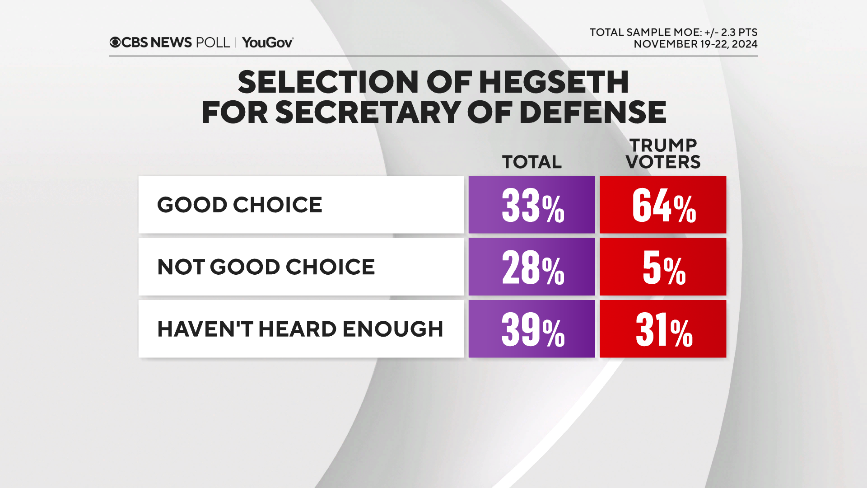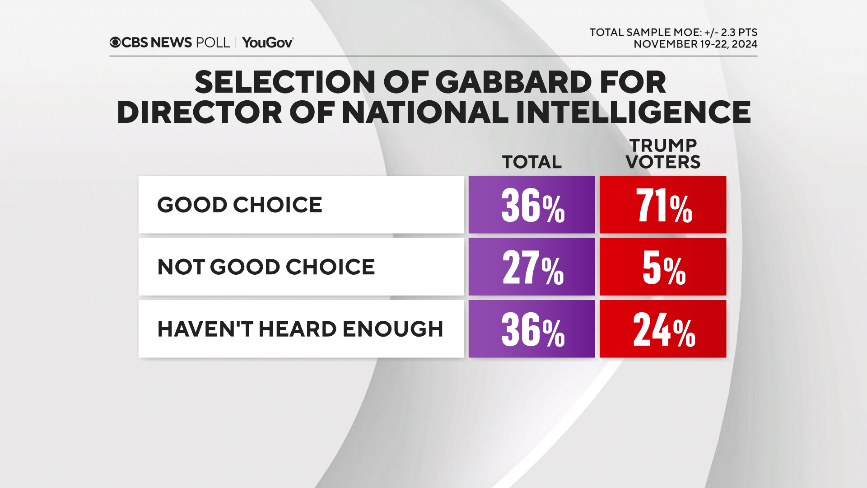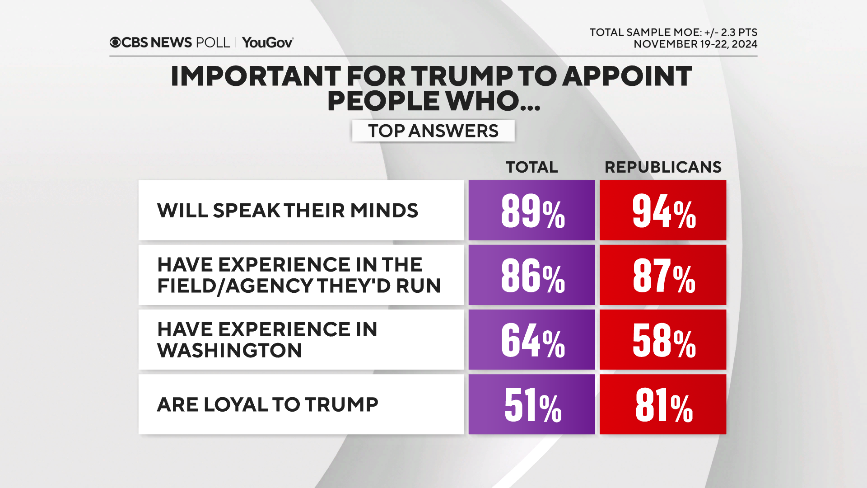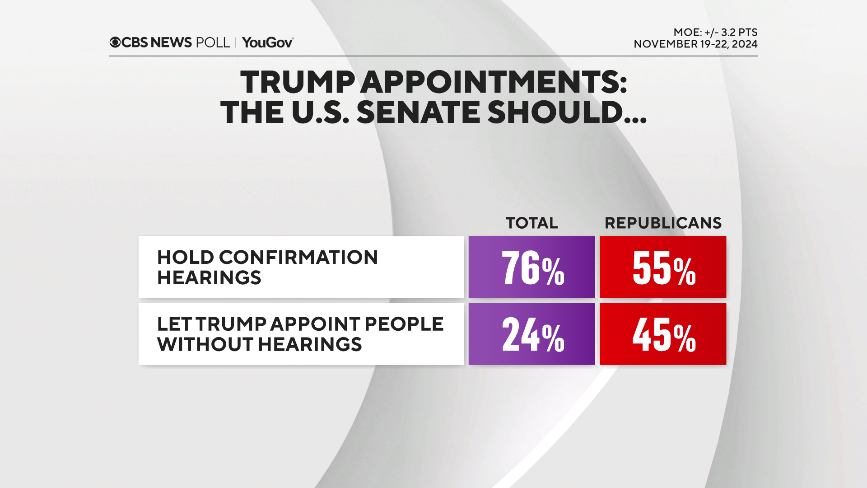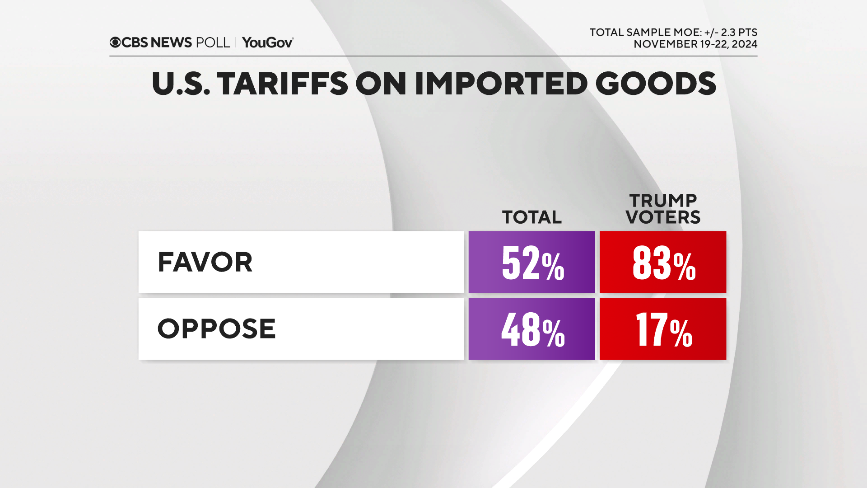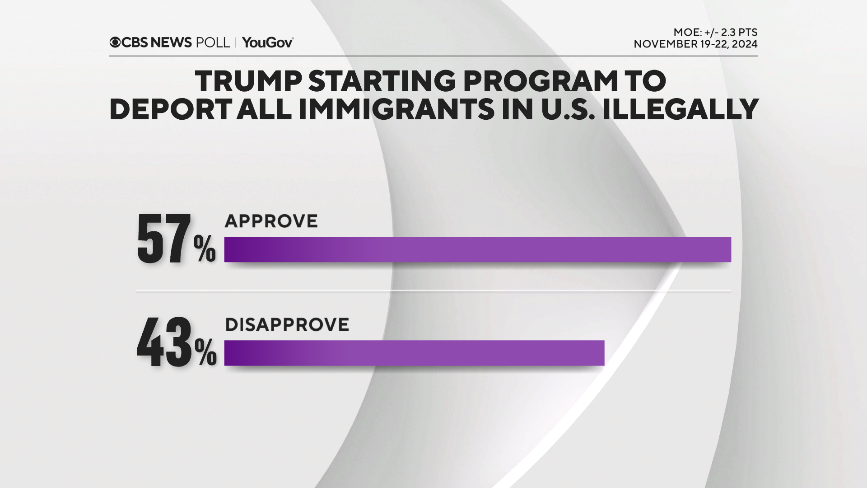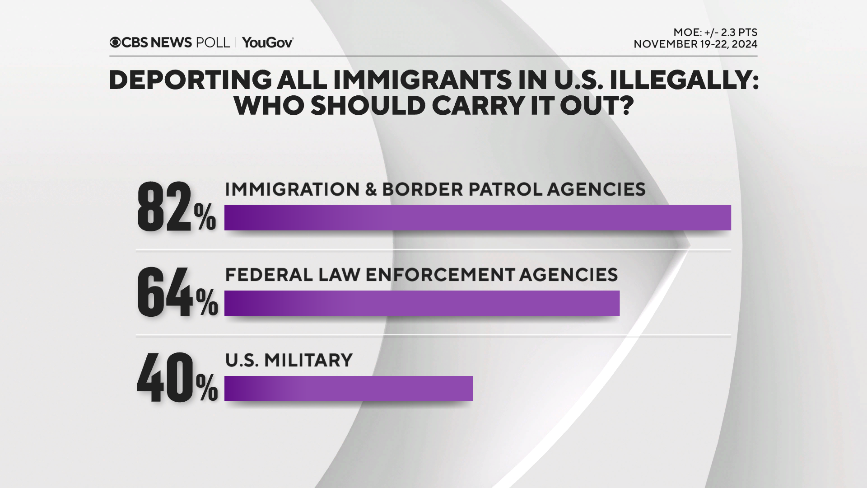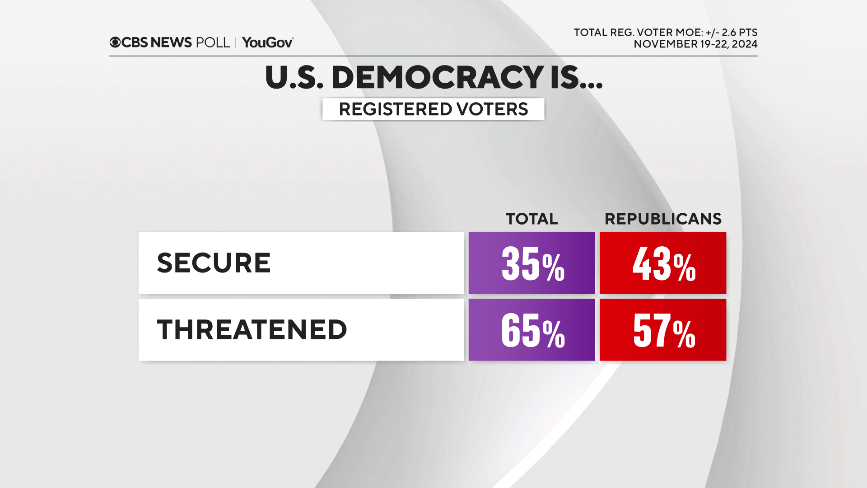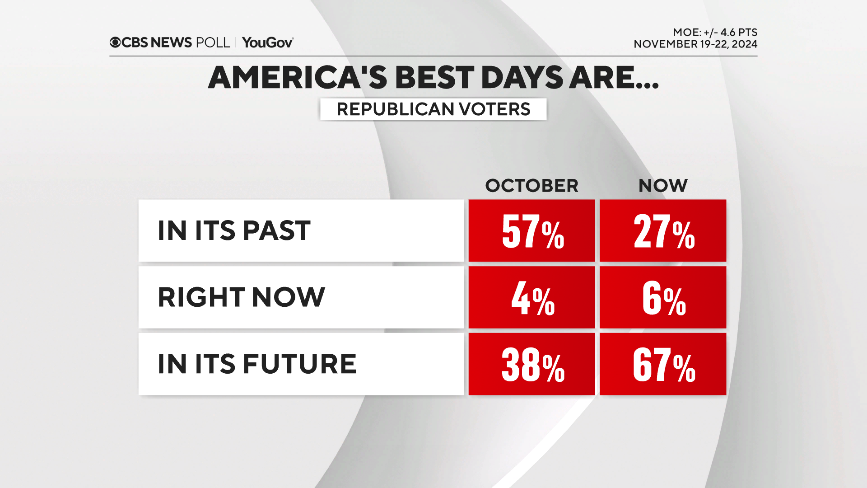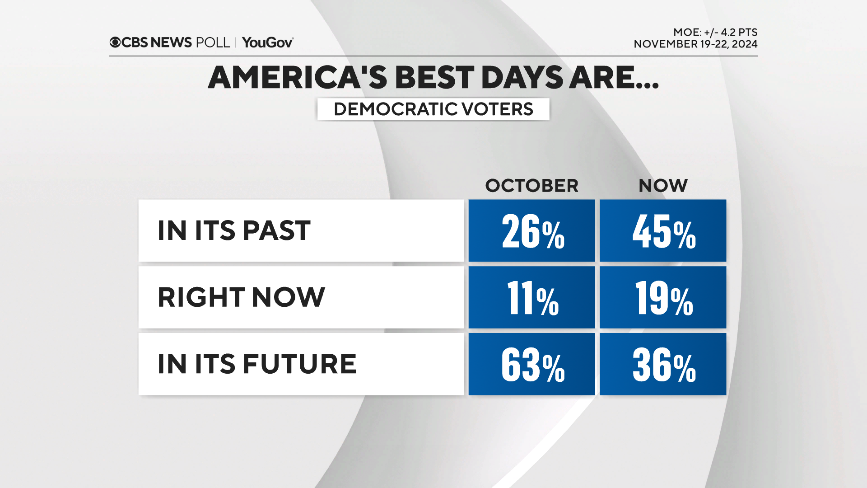CBS News
Italy expands controversial program to take mafia children from their families before they become criminals
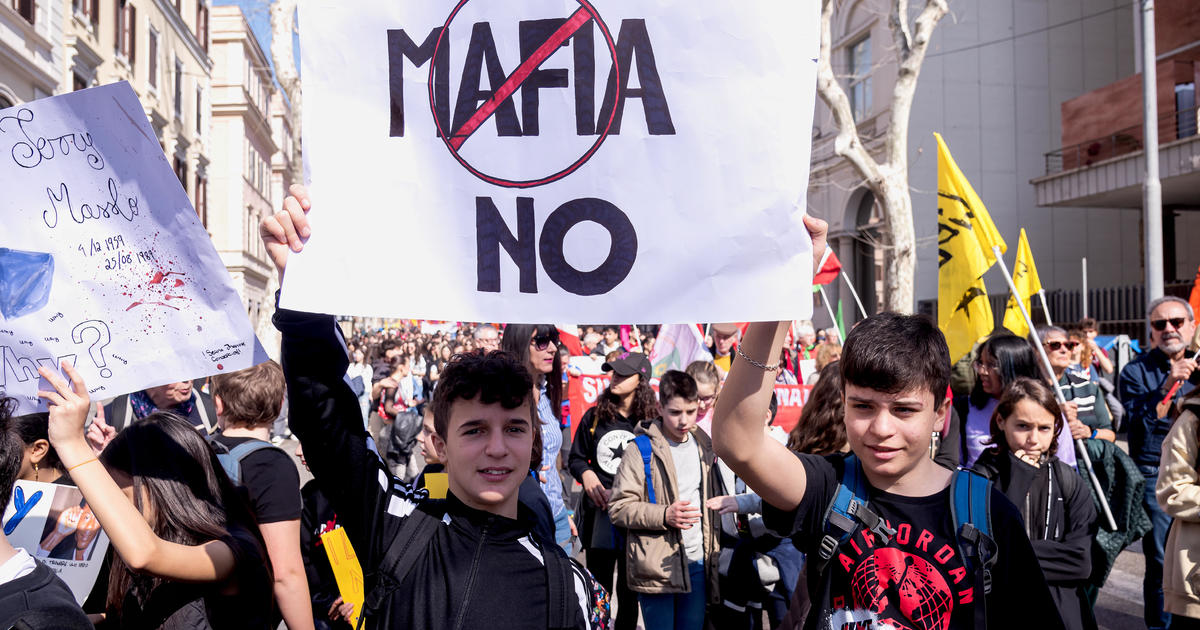
Rome — Italy has not only renewed but decided to expand a controversial program to remove children from their mafia families to break the cycle of criminal behavior being passed down to new generations.
The “Free to Choose” project has been in place in the Calabria region — the base of the powerful ‘Ndragheta crime syndicate — since 2012. Now, it will be extended to the Sicily and the Campania regions, respectively home to the notorious Cosa Nostra and Camorra mafias.
The aim of the program is to remove children from the mob culture they were born into and break the generational cycle of crime, giving the children a chance to live a normal life.
Authorities can only remove a child if they can prove to a court that they’re physically or mentally endangered by their family’s criminality. Police and social workers then swoop in without warning and take the child away. The families have no say in the matter.
Stefano Montesi/Corbis via Getty
So far, 150 children have been removed from their families and placed in foster care in secret locations around the country. Thirty mothers have chosen to join their children, with seven also agreeing to act as witnesses for state prosecutors.
“This is a historic moment in the fight against the mafia,” Justice Minister Carlo Nordio said at the signing of the document extending the program, which was attended by five government ministers and the Italian Bishops Conference. “The fight against the mafias is also fought by opening new paths to generations capable of freely deciding which future to live.”
Roberto di Bella, who founded the program, said at the signing ceremony that during his 25 years as a juvenile court judge in Calabria, he found himself trying fathers, and then their sons.
“We tried boys for trying to kill their mothers who wanted to separate from their mafia husbands,” he said. With the Free to Choose program, he said, “we set out to change life trajectories that would otherwise have been inevitable.”
“There are children being taught to shoot at eight years old. There are children dealing crack at eight years old,” said Chiara Colosimo, head of the Italian parliament’s anti-mafia commission.
Di Bella said he’d been contacted by some mothers asking for help in saving their children from mob indoctrination. He said he’d even received letters from several mafia bosses thanking him for giving their children a chance at a different life.
But the scheme has also drawn criticism, with some arguing that even mobsters have the right to be fathers.
A crackdown, and Italy’s evolving mafia landscape
Italy has waged a concerted law enforcement crackdown on organized crime in recent years, and it has led not only to hundreds of arrests and prosecutions, but a shift in the entire mafia landscape.
In September, Matteo Messina Denaro, a convicted mastermind of some of the most heinous murders carried out by Cosa Nostra and considered Italy’s No. 1 fugitive, died in a prison hospital just a few months after being captured. He’d spent decades on the run.
A long-ignored crime syndicate based in southern Italy’s Puglia region, known as the Fourth Mafia, has emerged in recent years as the country’s most violent mafia.
One of the leaders of the group, based in the town of Foggia, escaped from a maximum security prison in 2023 by tying bed sheets together, but was captured in France in February.
The clans based in and around Foggia — though less sophisticated than the ‘Ndrangheta, the Camorra or the Cosa Nostra crime syndicates — are said to rely on extortion, bombings and threats to extort residents.
CBS News
Good enough to eat: Noah Verrier’s paintings of comfort food

Watch CBS News
Be the first to know
Get browser notifications for breaking news, live events, and exclusive reporting.
CBS News
A study to personalize nutrition guidance just for you
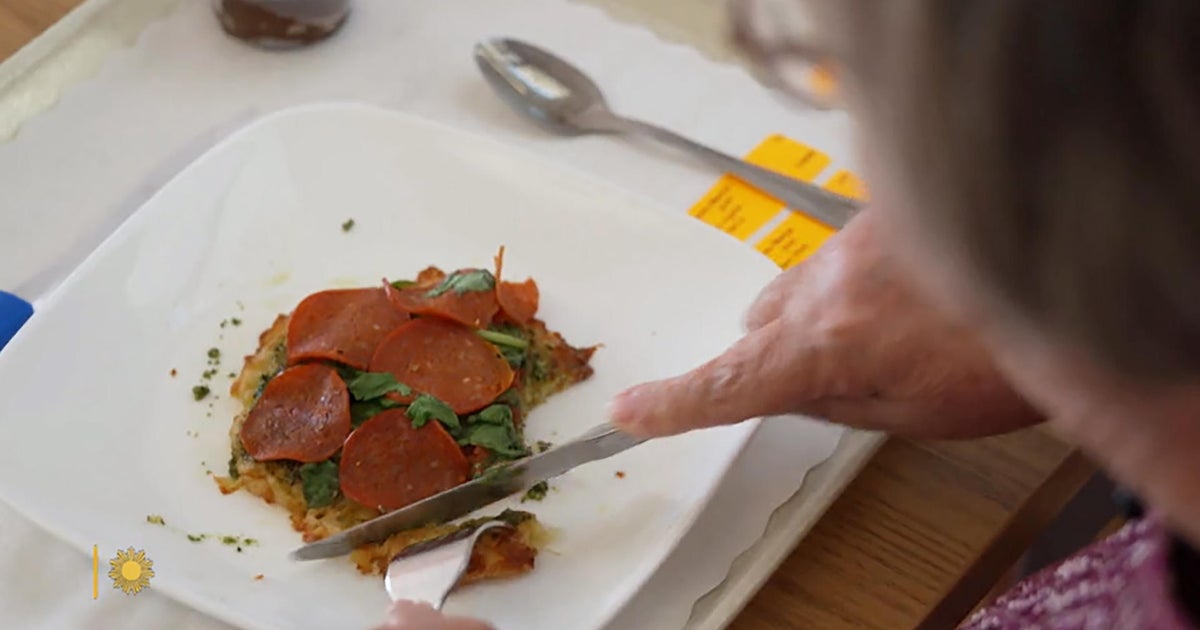
Watch CBS News
Be the first to know
Get browser notifications for breaking news, live events, and exclusive reporting.
CBS News
CBS News poll finds Trump starts on positive note as most approve of transition handling
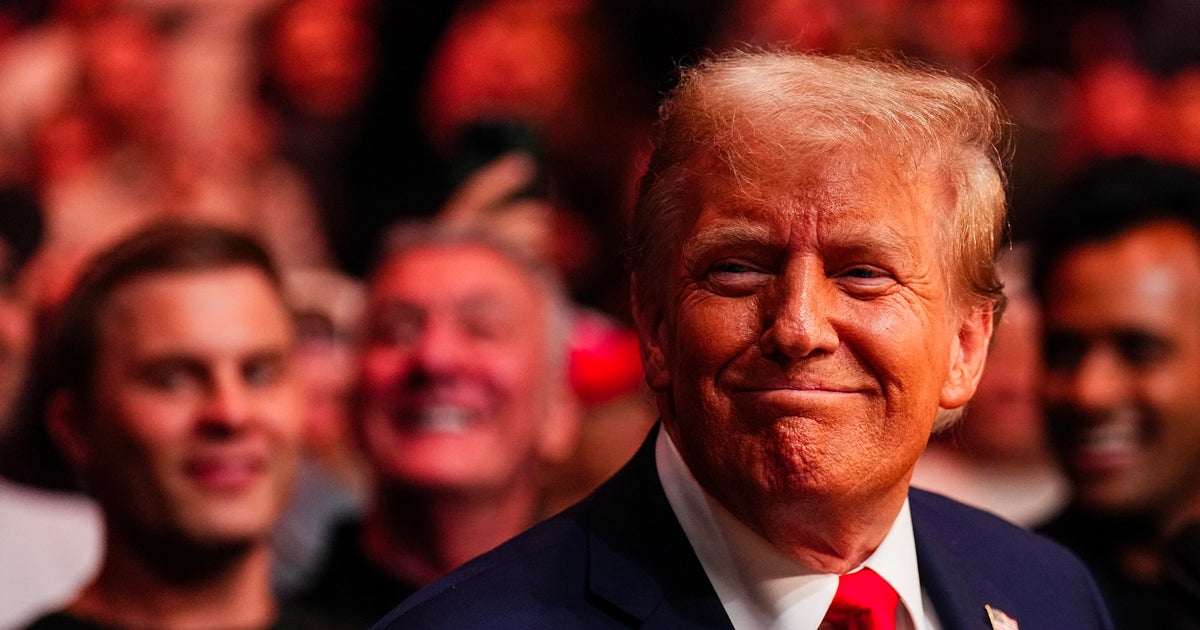
President-elect Donald Trump’s incoming administration starts off with mostly good will from the public: a majority of Americans overall are either happy or at least satisfied that he won and are either excited or optimistic about what he’ll do as president.
Trump’s handling of his presidential transition gets approval from most Americans overall and brings near-universal approval from his voters, along with a net-positive response about his selections for Cabinet posts, in particular, Sen. Marco Rubio, who is Trump’s pick to be secretary of state.
After inflation and the economy so dominated the election, Americans are more inclined to think his administration will bring down prices for food and groceries rather than raise them, and his voters overwhelmingly say that. Going into the election, his backers expected that, too.
In a similar vein, Trump’s election already has some Republicans’ views of the economy improving.
Overall, Republicans today are more excited about what Trump will do as president now than they were in 2016 when he was first elected.
Democrats say they feel more scared about what Trump might do than they did in 2016, and a large majority of Democrats think as president he will threaten their rights and freedoms. But at the same time, there seems to be a sense of exhaustion, as fewer than half of Democrats feel motivated to oppose Trump right now.
Americans, and Democrats specifically, do think the Biden administration should work with the incoming Trump administration to ensure a smooth transition, and that congressional Democrats should work with Donald Trump on issues where they find common ground.
Trump and the economy
After winning comes expectations. There’s a net optimism about the incoming administration’s effect on food and grocery prices, especially among Trump’s voters. That comes as most Americans continue to say prices are currently rising. And inflation was a big factor in Trump winning in the first place.
It may be no surprise then that among many potential items for the incoming administration, Americans say plans to lower prices ought to be the top priority.
The percentage of Republicans who call the U.S. economy good, while still low, has gone up, as the percentage who call it very bad has dropped. That pushes voters’ overall evaluation of the economy slightly higher than it’s been this year — and further spotlights how much partisanship, along with optimism, always plays into these evaluations.
Trump selections of Cabinet and agency chiefs for his administration
Trump’s current selections for agency heads and Cabinet picks get rated overwhelmingly as good choices from Trump’s voters, and are net-positive as selections among Americans who have heard enough about them to say. (Many have not heard enough yet.)
As a general rule, Americans want Trump to appoint people who’ll speak their minds and who have experience in the field or agency they’ll run. But in addition to those qualities, Republicans also want people who’ll be loyal to Trump.
A large majority of Republicans and Trump voters think Elon Musk should have at least some influence in the Trump administration. Americans overall are more split on that, largely along partisan lines.
Big majorities of Americans — and a slight majority of Republicans — would like to see the Senate hold hearings on his nominations, rather than let him make those appointments without it.
(Within self-identified Republicans, MAGA Republicans are relatively more inclined to say the Senate should skip the hearings.)
That sentiment holds whether or not people are told or reminded that the Constitution says the Senate should give advice and consent.
As a general matter, though, most of Trump’s voters and most Republicans do want Trump to have more presidential power this term than he did in his last. That sentiment is higher among Republican voters now than during the campaign.
Trump policies
On another economic front, Trump’s voters overwhelmingly favor the idea of tariffs: most of them don’t believe that will make prices higher. (For the third who believe tariffs will raise prices but support them anyhow, this is presumably a cost they’re willing to bear.)
For the public overall, opposition to tariffs goes hand in hand with the belief they’ll lead to higher prices.
As was the case with voters throughout the campaign, most Americans would, in principle, approve of a new mass deportation program.
If the Trump administration does start a mass deportation program, most of the public would have it carried out by law enforcement or current immigration agencies — most would not have the U.S. military do it.
Elections and democracy
The 2024 results have shifted Republicans’ views of U.S. democracy and also returned some confidence to their view of U.S. elections. Few Republicans suspect fraud in 2024. They overwhelmingly did about 2020.
Following Trump’s victory, there’s been an increase in the number of Republicans who say democracy and rule of law is secure, though most Americans continue to say it is not.
Looking ahead, there’s another shift along partisan lines. Throughout the campaign, Republicans said America’s best days were in its past, while Democrats felt they were in the future. These views are reversed now. After Trump’s win, most Republicans feel America’s best days are in its future.
This CBS News/YouGov survey was conducted with a nationally representative sample of 2,232 U.S. adults interviewed between November 19-22, 2024. The sample was weighted to be representative of adults nationwide according to gender, age, race, and education, based on the U.S. Census American Community Survey and Current Population Survey, as well as 2024 presidential vote. The margin of error is ±2.3 points.








